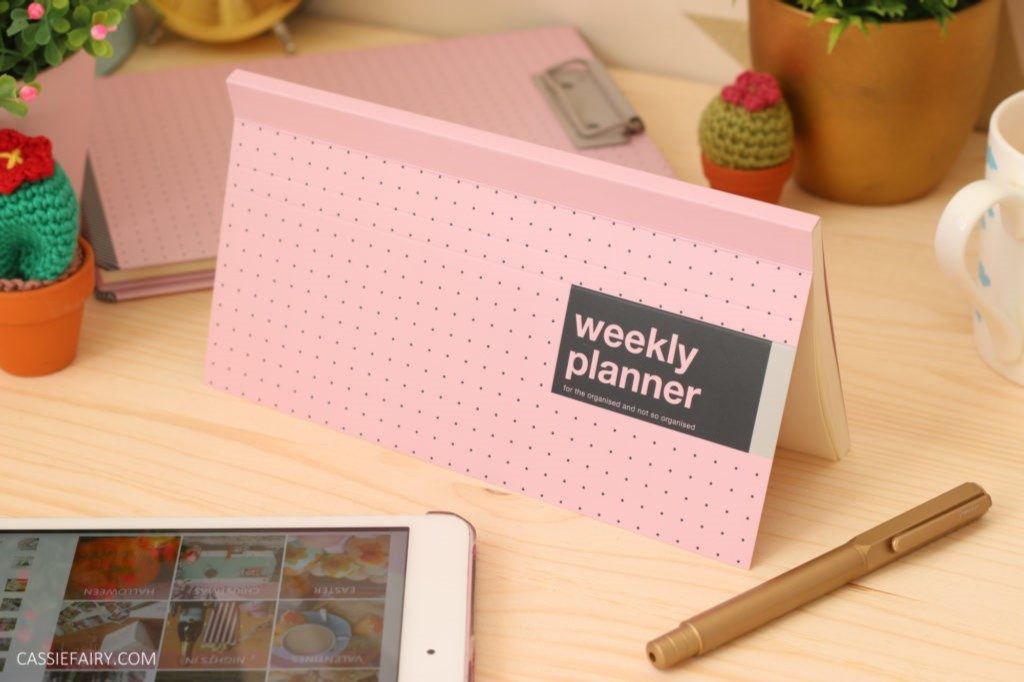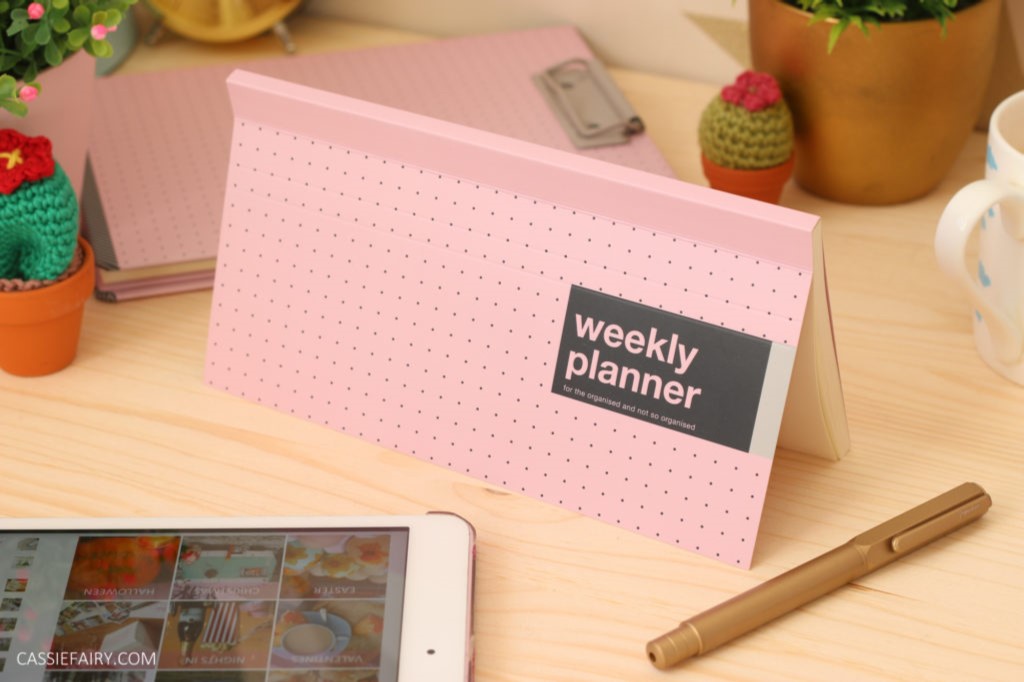Universities all around the country are gearing up to welcome their new cohort of students this month and you may already be on your way to your new halls of residence as we speak. If so, I would love to share some tips with you for organising your finances while you’re a student.
Whether you’ve got a student loan, a scholarship, savings, grant or part-time job, you’ll need to consider all the money you have at your disposal and how you can make it stretch to cover your expenses as a student. Here’s how…

STUDENT INCOME
Firstly, before you buy a single thing for your college course, you need to know how much money you have available to spend. If you don’t have an idea of the pot of cash you’ll be spending throughout the year, you won’t be able to put a budget in place and will probably run out of money before the end of term.
So, the first step in working out your university budget is to gather together all sources of funding that you’ve got, so that you can add up your total fund for uni. This can include student loans, grants, scholarships, awards, money from parents and your own savings. Don’t include any freelance work or part-time jobs at this stage, as you’ll probably need that later.
Once your have this total, you’ll know how much money you have available to cover your expenses while you’re studying.

LIVING EXPENSES
The next step is to make a list of all your expenses while you’re living at uni. You’ll need to know the total cost of your accommodation for the year, any bills that aren’t included (WIFI or TV license perhaps?), your phone contract, money for your food shop each week and a pot of cash set aside for textbooks, field trips and course-related materials or software.
Once you have the total outgoings, you can put all the money you need together in one account, set up your direct debits and then forget about that account altogether. Only use it for buying your food and course essentials, but nothing extra. No shopping trips, no nights out, no fun haha!
Of course, I don’t mean no fun but, if you don’t touch the money in your expenses account, at least you can be certain that your bills are taken care of and you can relax, knowing that you’ve got enough money to complete the year. If there’s a shortfall in the final figures of income and expenditure, you may need to make some changes – such as choosing accommodation that fits your budget, getting a pay-as-you-go phone rather than a contract, or giving up some subscriptions etc.

FUN FINANCES
Once your bills are covered by your student income, you can be sure that any other money you make is all yours to have fun with. If you know that your earnings from a part-time job are all yours to enjoy, you’ll be happier to do that weekend or evening job. Plus, when you get paid, you know exactly how much money you have in your ‘fun fund’ to be able to spend that week or month.
On the other hand, if you know that you’ve got a busy semester coming up, you can always cut back your hours, change jobs or even stop working altogether for a short while. You already know that your basic living expenses are covered and your job is just your fun money, so you don’t need to keep working when life gets hectic with deadlines and exams.
If you depend on your work to cover your bills you’ll be stuck doing your job rather than being able to concentrate on your university work when you need to. This is why making that income and expenditure budget is so important, so that you can feel confident that your living expenses are all taken care of. The only thing you’ll be having to give up is going shopping or nights out – which you won’t have time to do anyway if you’ve got a busy uni workload anyway!

MONEY TIMELINE
You won’t always have access to all of your student loans or living expenses money all at once, so it may feel like you’re running out of cash at certain times of the year. That’s why it’s important to know the exact dates when money is coming in and when your expenses are going out. Always allow a few days for any loan payments to arrive, as weekends and bank holidays can delay payments and you won’t want to go overdrawn because a bill went out on the same day that your student loan was supposed to arrive.
Technically, if you’ve budgeted your expenses for the whole year, there shouldn’t be a problem with your loans or scholarship grants arriving throughout the year, but it will make a difference if there’s a one-off payment you need to make at the start of term that covers the whole year, such as a software package or course materials. Then, it’s good to know how that expense will affect your budget, and how you may need to adjust the rest of your bills so that your food and accommodation is still covered when you get to the end of the year.

STUDENT BORROWING
Even the best budgets can go awry when you hit an unexpected expense so I want to mention borrowing. In my experience, it’s all too easy to get massive student overdrafts and credit cards but I would caution against borrowing to fund your course and living expenses, as you will definitely graduate with that debt waiting for you. And the banks tend to want their money back as soon as you stop being a student – and will start charging you interest for any outstanding debts.
That said, it’s a good idea to have a tiny overdraft in place so that, if a bill goes out at the end of term while you’re waiting for your next student loan payment to arrive, you’ve got a small buffer that means you won’t be charged a fee for a bounced payment. But don’t use it for everyday shopping or activities – and definitely don’t spend it all – just imagine it’s not really there, it’s just to stop you getting bank charges in an emergency.
Another idea is to load a pre-paid Mastercard with an emergency fund at the very start of the year. That way, you’ll have a card that you can use for those occasions when unexpected expenses crop up but that is already technically budgeted for and paid for in advance = no credit cards required!

I hope these tips will help you to plan your budget while you’re at uni and hopefully, will help you feel more financially stable while studying.
Let me know your own tips for planning your budget as a student in the comments below – all money advice is really handy when you’re starting out at uni and will help students to make the most of their money, so please share your ideas below. 🙂
PIN IT FOR LATER























